Speaking to Rail Business Daily, Sarah Townsley, head of commercial at Amaro Group, explained how the business is helping women to build careers in rail – and why more organisations should do the same.
While rail is working to become more inclusive, women remain underrepresented in the industry; the 2021 William-Shapps Plan for Rail reported that 87 per cent of the workforce was male.
Female professionals account for over half of the UK’s total workforce, and tapping into this talent pool should be a priority for rail employers – particularly in light of the ongoing skills crisis.
It’s something Amaro feels strongly about. The business has doubled the number of women it employs in the last eight months alone, and aims to have a 50 per cent female senior management team by the end of 2024.
I joined Amaro in 2016, and my experiences – as well as those of my female colleagues – prove that women can thrive in rail.
Transferable skills
And previous transport experience isn’t a requirement. In fact, gender equality organisation Work180 suggests that, in order to hire more inclusively, employers should focus on transferable skills rather than prioritising candidates with a rail background. Amaro’s equal opportunities policy states that it will employ the right person for the job, regardless of gender, ethnicity, religion, disability or sexual orientation.
Prior to joining the Amaro team, I’d worked in the defence industry and taken an extended career break to raise my family. Caroline Foster, Amaro’s commercial manager, has a background in finance, while planning assistant and apprentice signalling installer Rachael Lyas came to rail from the hospitality sector. Graduate commercial manager Megan Murphy is completing a year-long placement at Amaro as part of her graduate scheme with CPC Project Services.
Indeed, several members of the team (including apprentice stores assistant Holly Bowyer) are just beginning their transport careers. Only Sanna Qureshi, Amaro’s new project manager, has worked in rail from the outset.
We were employed, not as part of a box-ticking exercise, but because our transferrable skills made us the best fit for our respective roles. And these skills continue to benefit Amaro and its clients; problem-solver Rachael has bridged the gap between our onsite and office-based teams, while Caroline’s financial attention to detail enables us to manage framework contracts more efficiently. SHEQ manager Elaine Kenny plays a key role in the business, ensuring that its processes are safe and compliant.
Ultimately, it’s clear that a more diverse workforce is also more productive. By failing to consider women (including those who are transitioning or are non-binary) for traditionally ‘male’ roles, employers are missing out on a wealth of talent.
Culture of inclusivity
And work around diversity shouldn’t begin and end with the hiring process. To ensure that women from all backgrounds succeed in rail, companies must foster a culture of inclusivity and wellbeing.
This might mean introducing a flexible working policy that enables employees to balance professional responsibilities and family life (something that disproportionately affects women, according to the Centre for Progressive Policy).
Amaro has introduced flexible (and, where possible, remote) working for all employees, taking a gender-neutral approach that promotes equality, both in the workplace and at home.
And, while organisations should prioritise wellbeing across the board, it’s particularly important to support underrepresented groups. Amaro provides AXA Health insurance for employees and their families, and has helped several members of staff to qualify as mental health first aiders.
It all contributes to Amaro’s culture of inclusivity. For those who are new to rail, there’s no such thing as a ‘silly question’; when Caroline joined the company, she found a series of ‘rail industry basics’ training sessions (delivered by managing director Michael Ewart) particularly useful. And, while apprentice signalling installer Rachael was initially apprehensive about working on site, she received “nothing but support” from her colleagues.
Investing in employees
And companies must be prepared, not just to support female employees, but to invest in their professional development. When I wanted to build on my leadership skills, Amaro helped me to apply for and complete an eight-month programme through Women in Transport. It involved taking time out of the business, and MD Michael met with me regularly to ensure that I stayed on track.
Now, he’s encouraging members of the team (including recent graduate Megan) to pursue professional membership and even chartership. Rachael is also building on her experience, and hopes to gain her installer’s licence, before completing a fourth year as an apprentice.
By investing in its female employees, Amaro – and businesses like it – are helping them to build fulfilling and lasting careers in rail.
Bringing women into the rail industry
But, as Caroline pointed out, the idea that rail is a ‘man’s job’ persists. How can we encourage more women to apply for roles in this varied and challenging industry?
It was a question I explored during Women in Transport’s leadership training programme. Our research showed that women often ‘fall into’ the industry, and that more needs to be done to promote careers in transport – which isn’t necessarily included in conversations around STEM (science, technology, engineering and mathematics).
With this in mind, we’re looking to engage with local schools and colleges, where we’ll make young people aware of the opportunities in rail.
Amaro’s growing team is testament to the range of roles available – and the success women can enjoy at every level.
To learn more about Amaro’s current vacancies, visit https://amarogroup.co.uk/vacancies/.































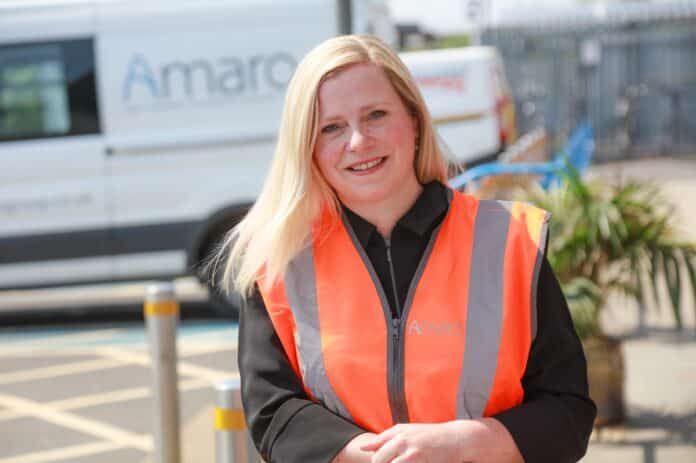
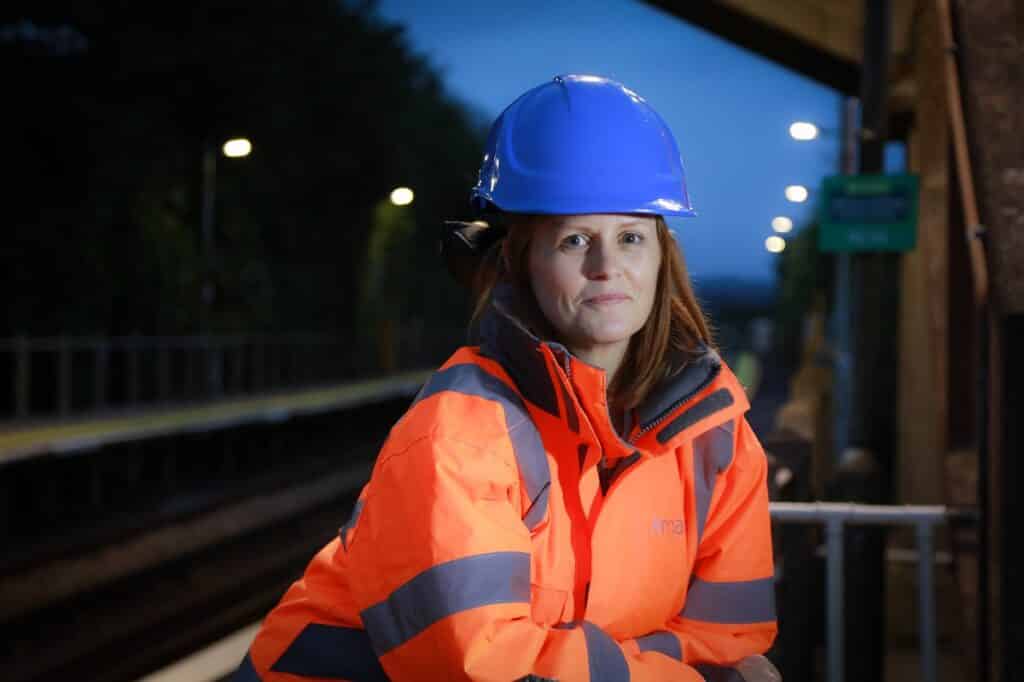
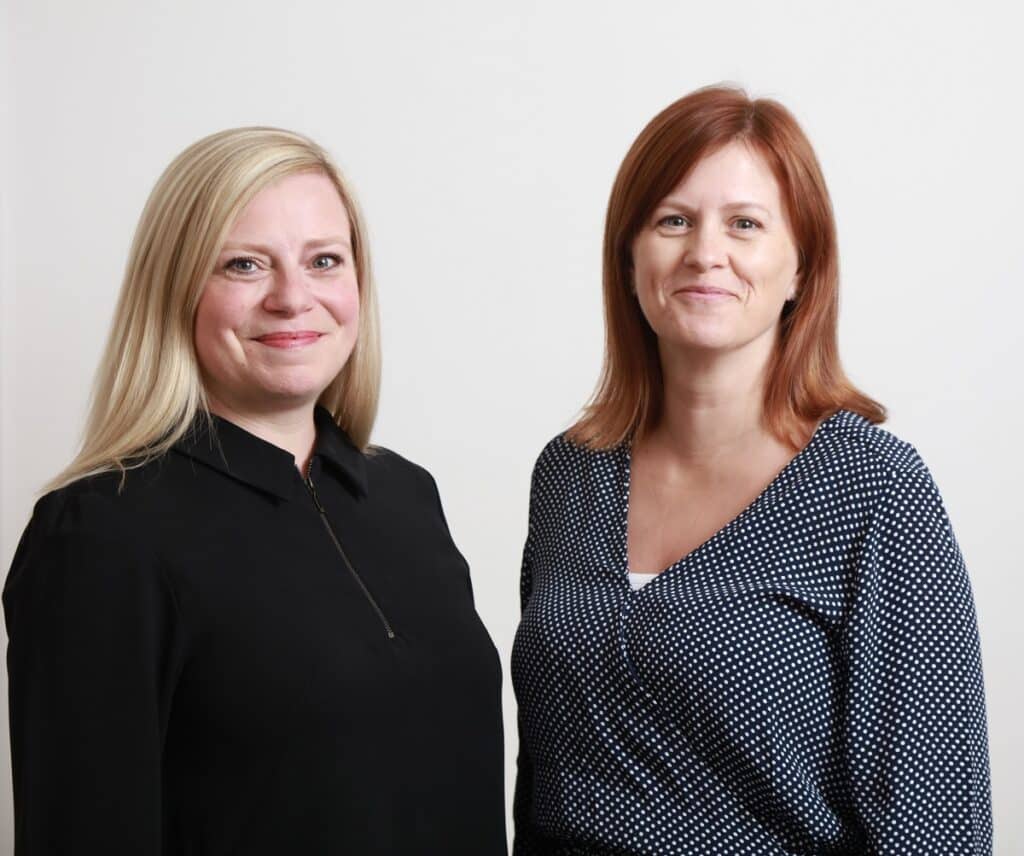
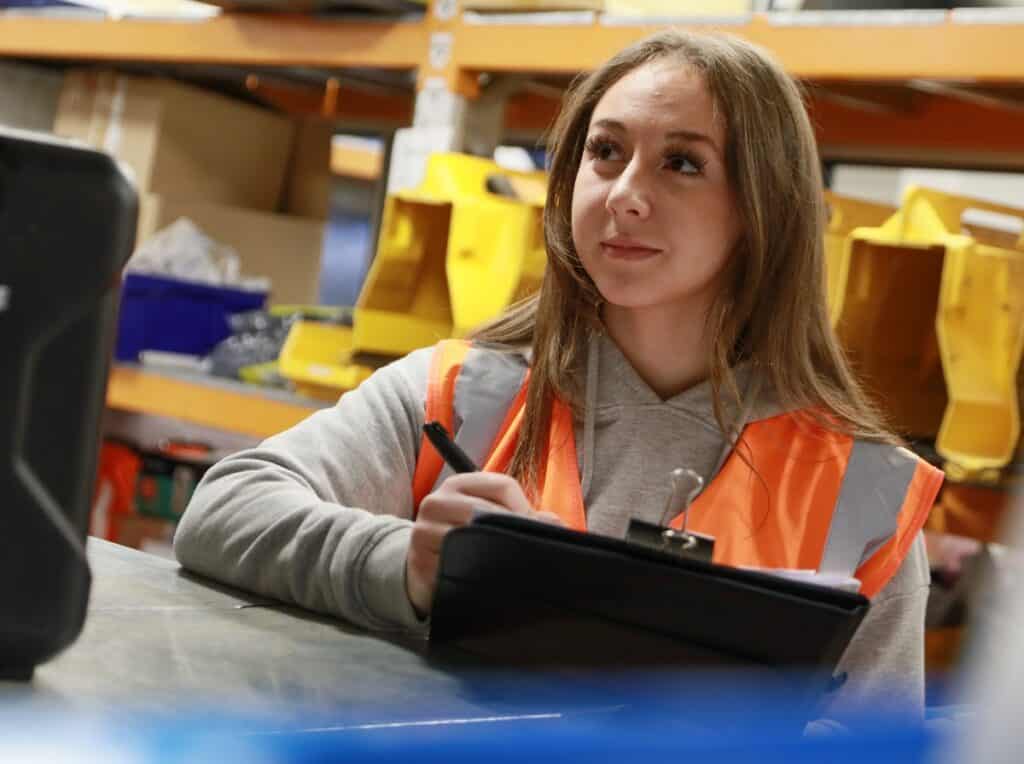
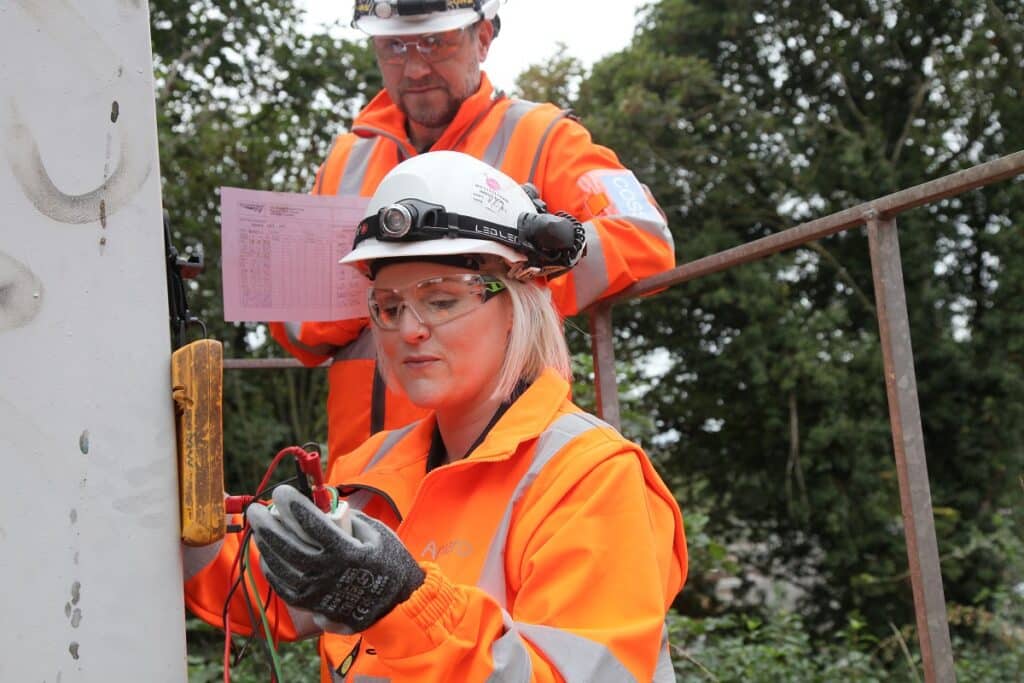







 0113 2082620
0113 2082620 info@railbusinessdaily.com
info@railbusinessdaily.com 15 Mariner Court, Wakefield WF4 3FL
15 Mariner Court, Wakefield WF4 3FL

